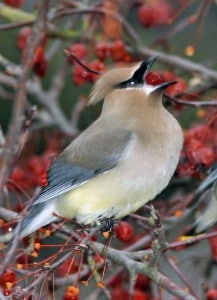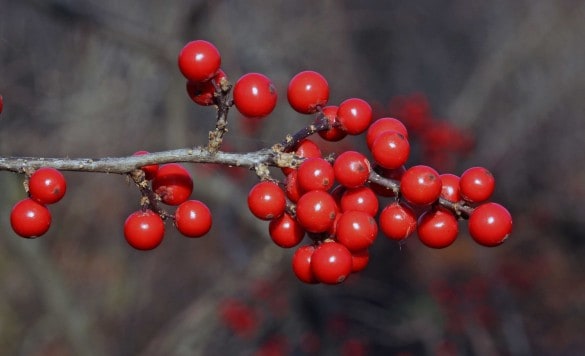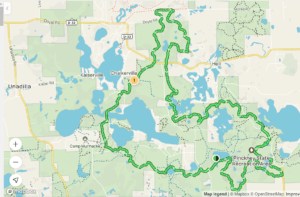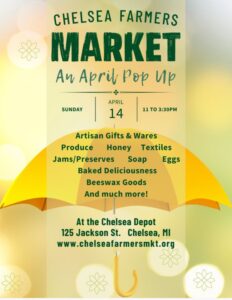
(ChelseaUpdate would like to thank Tom Hodgson for the photos and this column.)

Although the colorful leaves and wildflowers of autumn are now just memories, all is not lost. The winter season ahead will have some color of its own for us to enjoy. It’s just a little harder to find.
The wetland shrub called winterberry or Michigan holly is at its best when everything else is drab and leafless. Its orange-red berries are already visible in area marshes and bogs, but will be particularly impressive against a snow-covered landscape.
The berries are so colorful and long-lasting that winterberry cuttings have become very popular for winter arrangements. The demand has been so great that many local populations have been severely decimated. In 1963, winterberry was placed under protection of Public Act 182 (The Michigan Greens and Wildflower Protection Law). So, it is unlawful to collect it from the Waterloo Recreation Area and other public lands, and can only be collected from private land with the permission of the owner.

In addition to brightening the winter season, the berries are also valued by birds and other wildlife. While most of our local eastern bluebirds fly south for the winter, about 3 percent remain behind. For them, winterberry fruits are an important food source. They are also valued by cedar waxwings, wild turkey and white-tail deer.
This is another reason not to remove winterberry from its natural habitat. This winter it will be especially valuable. Many of the local flowering crab trees that usually sport winter fruit, produced very little this year. Their blossoms were damaged by last spring’s the early warm weather and subsequent frosts. Fortunately for the hungry animals, winterberry was unaffected.
Domestic varieties of winterberry can be purchased from local nurseries for landscaping purposes. They will grow well on wet sites, but be sure to get both male and female plants. Only the female plants will grow fruit, and then only if there is a male plant in the neighborhood to provide pollination.
Winterberry will not only provide winter color for your yard, but also is great for attracting wildlife.
















I love Tom Hodgson’s photographs. They are a very special highlight of the Chelsea Update.
I agree, John. I learn something new from him each week through his columns. They are amazing.